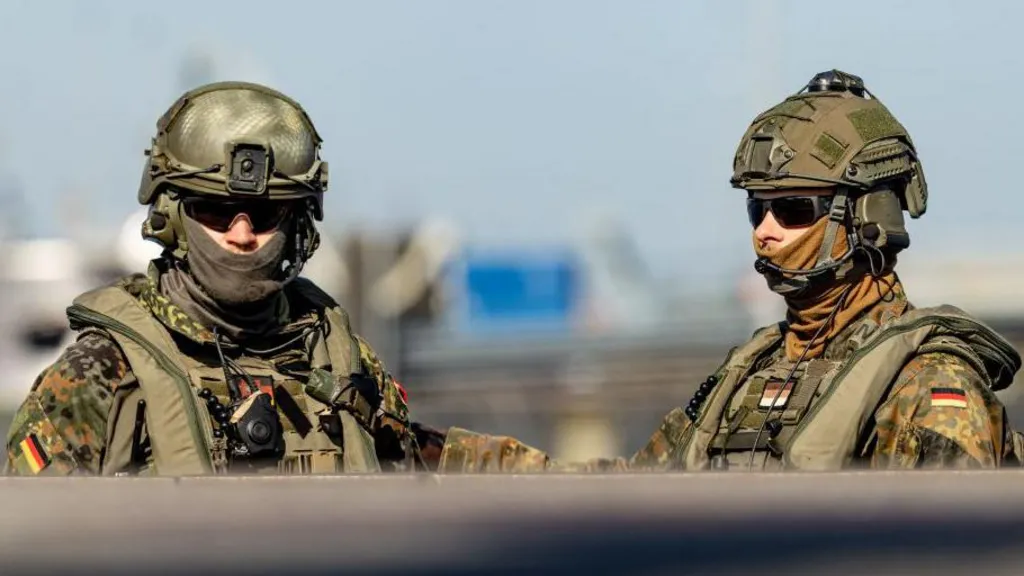The echoes of the Cold War are once again reverberating across the global stage, as espionage, sabotage, and assassination tactics resurface in what some are calling “Cold War 2.0.” With tensions escalating between major powers, these covert operations have become a hallmark of modern geopolitical conflict.
Recent incidents involving phone taps, cyber espionage, and targeted assassinations have drawn comparisons to the dark days of the original Cold War. “We are witnessing a return to the shadowy tactics that defined the Cold War era,” a security expert remarked. “The difference now is the technology and the global interconnectedness that make these operations even more dangerous.”
The resurgence of these Cold War tactics is particularly evident in the strained relations between the United States, Russia, and China. Each nation is accused of engaging in covert operations to undermine the others, with espionage and sabotage becoming key tools in their geopolitical arsenals.
The implications of this renewed Cold War mentality are far-reaching. The potential for escalation and miscalculation is ever-present, as each side seeks to gain the upper hand in a high-stakes game of global influence. “The world is on edge,” one analyst warned. “We are entering a dangerous period where the lines between peace and conflict are increasingly blurred.”
As Cold War 2.0 continues to unfold, the global community must grapple with the challenges posed by these covert operations and the risk of a new era of prolonged geopolitical tension.


